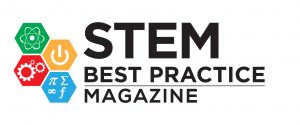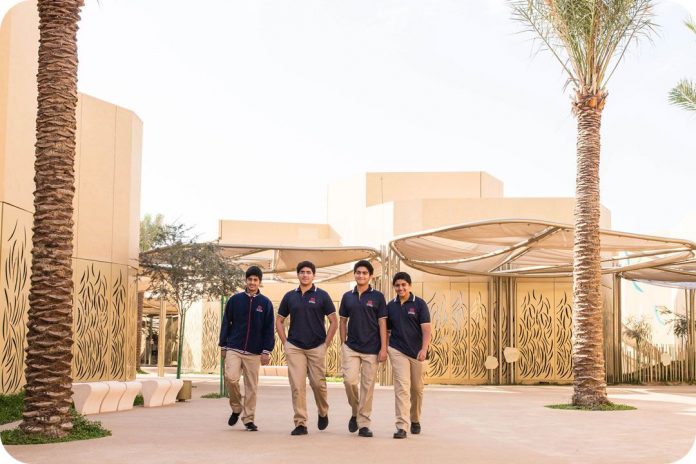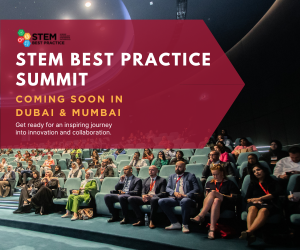At Dar Al Marefa, innovation and sustainability are integral to the educational mission. Over the years, the school has transitioned from STEM to STEAM, and now to STREAM, integrating Robotics to reflect the growing importance of technology. This evolution underscores a commitment to providing a multidisciplinary approach that equips students to address real-world challenges effectively.
The STREAM program aligns with the IB framework, emphasizing interdisciplinary collaboration, innovation, and community impact. By fostering critical thinking and problem-solving skills, STREAM empowers students to apply their knowledge in meaningful ways.
Collaborative Planning with Educators
Before the STREAM projects commenced, collaborative planning sessions were conducted with teachers across various subjects. These sessions focused on aligning the skills students were learning horizontally, ensuring that STREAM projects seamlessly integrated concepts from math, science, and technology.
Teachers played a pivotal role in guiding students, offering insights on how to incorporate subject-specific knowledge into their projects. This collaborative approach laid the foundation for a cohesive and impactful learning experience.
A Guided Process for STREAM Success
Following the planning phase, a Professional Development (PD) session was held for all teachers involved. The session provided:
• A structured framework for supporting STREAM projects within each subject.
• An introduction to the Robotics Kits from Edustream, which were purchased as part of a comprehensive robotics curriculum designed to enhance students’ skills in coding, engineering, and problem-solving.
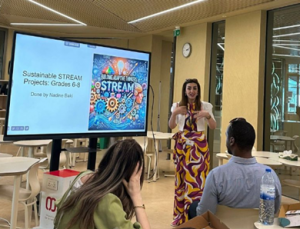
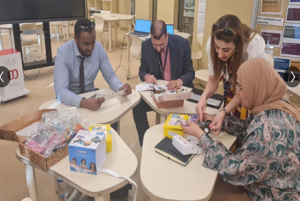
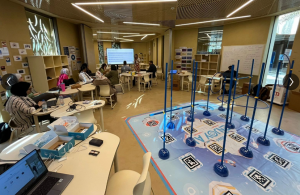
To ensure clarity and focus, project expectation rubrics were shared with students, outlining the criteria for success. Equipped with these guidelines, students began their project journey, following a detailed process:
1. Research and Ideation:
Students started by conducting research to understand the problem they aimed to solve. They explored global challenges aligned with the UN SDGs, such as energy efficiency, resource optimization, and sustainable building.
2. Concept Development:
Using their research, students brainstormed potential solutions. Teams collaborated to refine their ideas, ensuring their concepts were innovative and practical.
3. Design and Prototyping:
Students created detailed project plans and started designing prototypes. They used 3D printing, Robotics Kits, and other STREAM resources to bring their ideas to life.
4. Testing and Iteration:
Each prototype underwent rigorous testing. Students analyzed their results, identified areas for improvement, and iterated on their designs. This iterative process was essential in ensuring their projects were both functional and impactful.
5. Presentation and Reflection:
Students prepared comprehensive presentations, including visuals, data analysis, and written reflections. These reflections focused on what they learned throughout the process, the challenges they faced, and how they overcame them. Students linked their projects to relevant UN SDGs, highlighting the broader impact of their solutions.
After-school Support and Skill Development
To further support students, after-school sessions were organized. These sessions provided personalized assistance in areas such as:
• Coding and programming for robotics projects.
• Scientific research and technical background strengthen project foundations.
• Problem-solving and project refinement to overcome challenges.
Workshops were also held to deepen students’ understanding of the UN SDGs, enabling them to clearly connect their projects to global sustainability goals. This comprehensive support ensured that students could develop impactful and innovative solutions.
STREAM Day 2024: Innovating for a Better Future
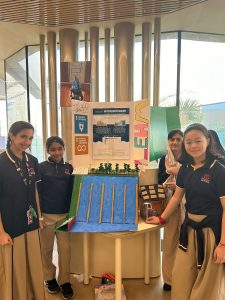 On November 8th, 2024, coinciding with World STEM Day, Dar Al Marefa hosted its annual STREAM Day Exhibition. This highly anticipated event showcased the innovative projects developed by students, providing them with an opportunity to present their work to peers, teachers, and school leaders.
On November 8th, 2024, coinciding with World STEM Day, Dar Al Marefa hosted its annual STREAM Day Exhibition. This highly anticipated event showcased the innovative projects developed by students, providing them with an opportunity to present their work to peers, teachers, and school leaders.
The exhibition was a dynamic environment where students explained their projects, shared their design processes, and reflected on the significance of their work. Visitors were impressed by the depth of understanding and creativity on display.
Exhibition Highlights
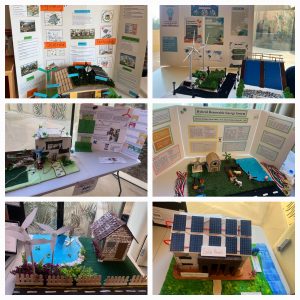 • Hydro-Powered Turbines: Generating renewable energy.
• Hydro-Powered Turbines: Generating renewable energy.
• AI-Driven Smart Systems: Optimizing water and electricity usage.
• 3D-Printed Sustainable Models: Designed for the UAE’s hot climate.
• Solar and Wind-Powered Systems: Promoting clean and sustainable energy.
The day concluded with a reflection session where students discussed the feedback they received and how their projects could be further developed. STREAM Day exemplified the power of multidisciplinary learning in addressing global challenges and aligning with the Sustainable Development Goals (SDGs).
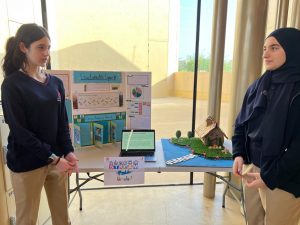
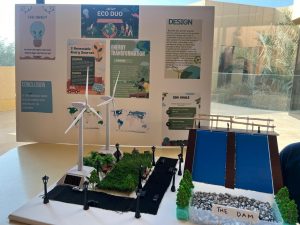
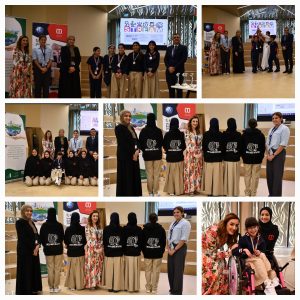
Aligned with “We are the UAE 2031”
The STREAM program supports “We are the UAE 2031”, which emphasizes building a knowledge-based economy driven by innovation and sustainability. By equipping students with the skills to solve complex problems, Dar Al Marefa is helping to shape a generation of leaders poised to drive the UAE’s future success.
Looking Forward
STREAM at Dar Al Marefa represents more than a curriculum; it embodies a holistic approach to education. Through multidisciplinary learning, real-world applications, and a focus on community impact, the program prepares students to thrive in an ever-changing world.
As the program continues to expand and evolve, it remains dedicated to fostering the next generation of innovators, problem-solvers, and changemakers.
About the Author
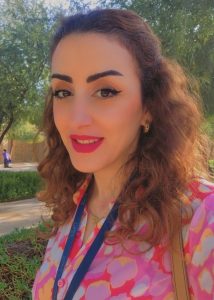
Nadine Baki is a dynamic educator and leader with over 17 years of experience in STEM, STREAM, and AI education. She currently serves as the STREAM (Science, Technology, Robotics, Engineering, Arts, and Mathematics) and AI Coordinator at Dar Al Marefa Private School. In this role, she integrates cutting-edge technology, sustainability, and interdisciplinary learning to prepare students for the future. Previously, Nadine held leadership roles such as Director of Teaching, Learning, and Assessment and Head of Mathematics and Science. She played a pivotal role in curriculum alignment, fostering a culture of inquiry-based and project-based learning, and improving student outcomes in both mathematics and science. Nadine holds a Master of Education degree from the American University in Dubai and a BA in Biochemistry. She is a certified coach and mentor, accredited by People-Centric FZE and the City and Guilds of London Institute. Her professional certifications also include AI Trainer, Sustainable Leader, and Active Learning Specialist. Throughout her career, Nadine has developed innovative curricula, led professional development sessions, and mentored educators to embrace creative and data-driven teaching practices. Her initiatives, such as STREAM Day, The Big Green Legacy, and sustainability-focused student projects, have earned national recognition, including the Best STEM Teacher Award. Her work inspires educators to foster innovation, critical thinking, and sustainability in their classrooms, equipping students to become adaptive thinkers and global changemakers.

